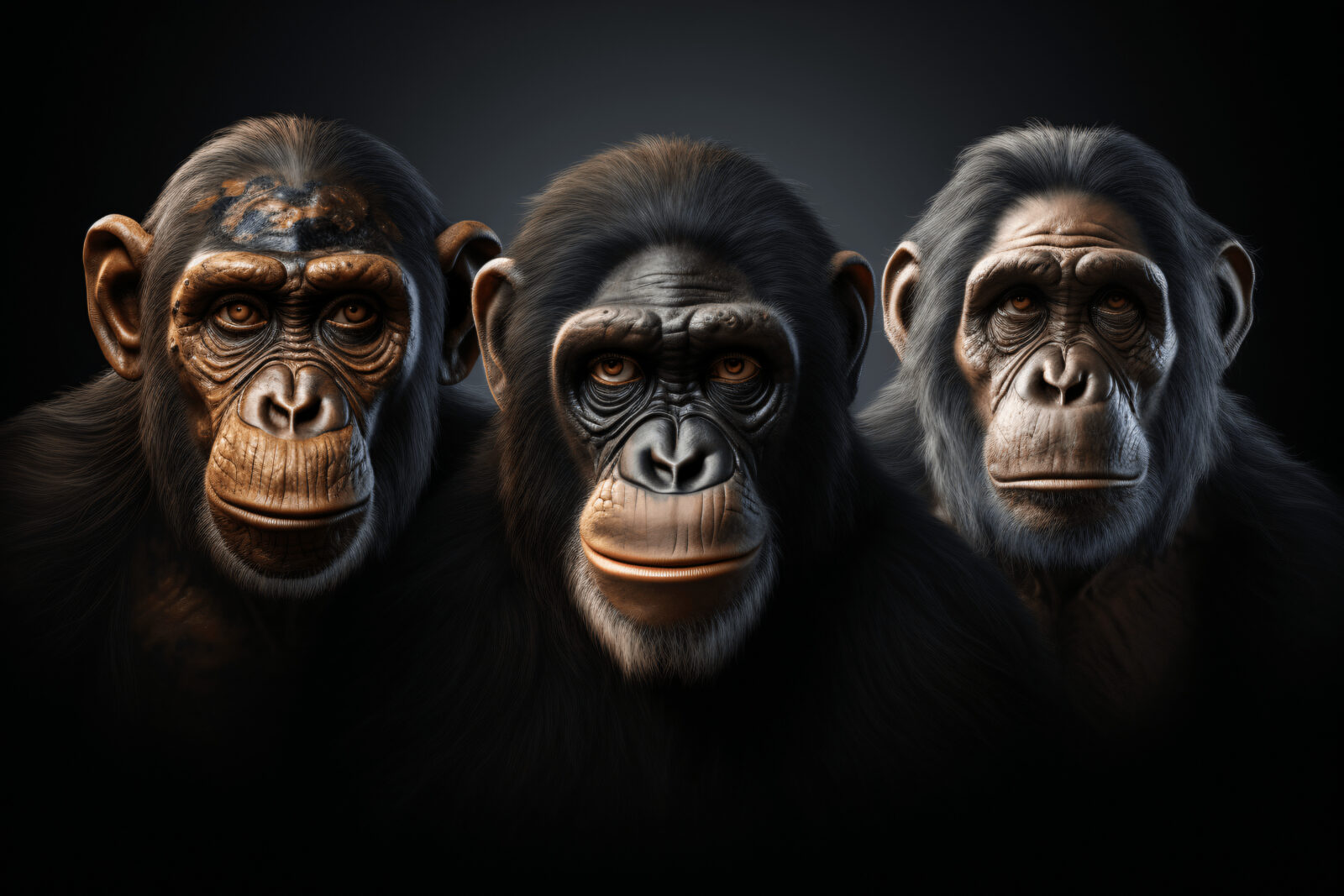There Is No ‘Politically Correct’ Science
Original ArticleIt’s impossible to isolate Darwinian theories from their societal consequences.
Darwin’s theory of evolution by natural selection has been one of the most politically and culturally consequential ideas of the past 200 years. Yet many defenders of evolution do their best to downplay the connections between Charles Darwin and what might be called social Darwinism. Darwin, they insist, focused simply on the science; he was uninterested in the application of his ideas to society.
People who make such claims have usually not read much Darwin. Otherwise they would know that Darwin himself applied his theory to human society in The Descent of Man, addressing such hot-button issues as race, welfare, morality and marriage.
In that book, Darwin insisted that there are significant differences in the mental faculties of “men of distinct races” and argued that the break in evolutionary history between primates and humans came “between the negro or Australian and the gorilla,” thus making blacks the closest human beings to apes.
Darwin did oppose slavery, but his evolutionary justification of racism influenced the scientific community well into the 20th century. While most scientists have jettisoned Darwin’s scientific racism, there are notable exceptions. In 2007, for example, Nobel laureate James Watson, who co-discovered the structure of DNA, sparked a furor by asserting that black Africans are biologically inferior to whites because of evolution.
Darwin also laid the groundwork in Descent of Man for the emergence of eugenics, the crusade to breed better humans by weeding out those deemed biologically “unfit.” Darwin warned that civilized societies were sinning against natural selection by helping the poor, treating the sick and inoculating people against smallpox.
“No one who has attended to the breeding of domestic animals will doubt that this must be highly injurious to the race of man,” he complained. “…[E]xcepting in the case of man himself, hardly any one is so ignorant as to allow his worst animals to breed.”
Darwin waffled about following these ideas to their logical conclusion, but his followers were not so squeamish. The Darwinian rationale for eugenics was embraced by leading biologists at Harvard, Princeton and Columbia, as well as by leading European scientists, giving the movement the clear backing of the scientific community for decades and providing for justification of the forced sterilization of more than 60,000 people in the United States and the killing of more than 200,000 disabled persons in Nazi Germany.
One area where Darwin’s ideas likely had little impact was free-market economics. Although textbooks frequently claim that 19th-century robber barons employed Darwin’s theory of natural selection as a justification for cut-throat competition and unfair labor practices, few capitalists of the era actually drew much inspiration from that source.
Rather, they rejected Darwin’s Malthusian view of life as a zero-sum game where one party progresses only over someone else’s dead body. Indeed, Darwin was invoked in economic debates mostly by critics of capitalism who wanted to denounce free enterprise as nothing more than “survival of the fittest.”
Perhaps Darwinism’s most lasting cultural legacy has been the cultivation of a virulent strain of fundamentalism that treats modern science as the solution to all of humanity’s problems.
From Oxford biologist Richard Dawkins, who confidently asserts that according to science God is a “delusion,” to Princeton bioethicist Peter Singer who cites Darwin to justify his view that “the life of a newborn baby is of less value than the life of a pig, a dog or a chimpanzee,” Darwinism has evolved into a blunt club to silence discussion by equating any dissenting views on science issues with superstition.
Criticize Darwin in American academia and you risk being harassed, fired or demoted—as a number of scientists have discovered to their dismay. In the words of Italian geneticist Giuseppi Sermonti, “Darwinism … is the ‘politically correct’ of science.”
Ironically, the current culture of scientific arrogance is one legacy Darwin himself likely would have spurned. Compared to some of his present defenders, Darwin was a model of openness and humility. He even acknowledged, when analyzing his theory of unguided evolution, that “a fair result can be obtained only by fully stating and balancing the facts and arguments on both sides of each question.”
Darwinists who truly want to honor their namesake this year might try emulating his respectful treatment of those with whom he disagreed.
